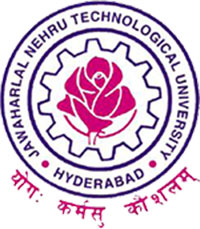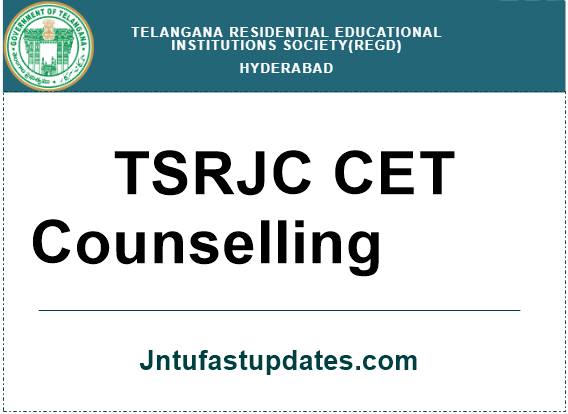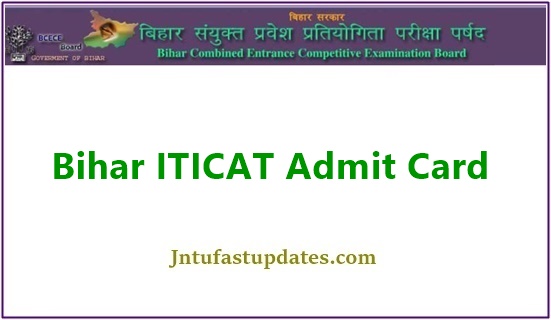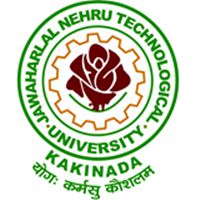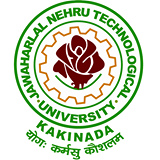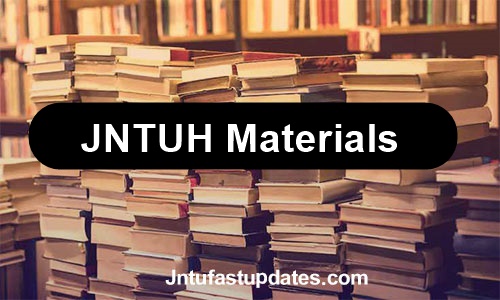JNTUK R19 2-2 Operating Systems Material/Notes PDF Download
Students those who are studying JNTUK R19 CSE Branch, Can Download Unit wise R19 2-2 Operating Systems (OS) Material/Notes PDFs below.

JNTUK R19 2-2 Operating Systems Material/Notes PDF Download
OBJECTIVES:
- Introduce to the internal operation of modern operating systems
- Define, explain, processes and threads, mutual exclusion, CPU scheduling, deadlock, memory management, and file systems
- Understand File Systems in Operating System like UNIX/Linux and Windows
- Understand Input Output Management and use of Device Driver and Secondary Storage (Disk) Mechanism
- Analyze Security and Protection Mechanism in Operating System
- New Materials Updated.
UNIT-1
Operating Systems Overview: Operating system functions, Operating system structure, Operating systems operations, Computing environments, Open-Source Operating Systems. System Structures: Operating System Services, User and Operating-System Interface, systems calls, Types of System Calls, system programs, operating system structure, operating system debugging, System Boot.
Download UNIT-1 Material PDF | Reference-2 | Ref-3
UNIT-2
Process Concept: Process scheduling, Operations on processes, Inter-process communication, Communication in client server systems. Multithreaded Programming: Multithreading models, Thread libraries, Threading issues. Process Scheduling: Basic concepts, Scheduling criteria, Scheduling algorithms, Multiple processor scheduling, Thread scheduling. Inter-process Communication: Race conditions, Critical Regions, Mutual exclusion with busy waiting, Sleep and wakeup, Semaphores, Mutexes, Monitors, Message passing, Barriers, Classical IPC Problems – Dining philosophers problem, Readers and writers problem.
Download UNIT-2 Material PDF | Reference-2
UNIT-3
Memory-Management Strategies: Introduction, Swapping, Contiguous memory allocation, Paging, Segmentation. Virtual Memory Management: Introduction, Demand paging, Copy on-write, Page replacement, Frame allocation, Thrashing, Memory-mapped files, Kernel memory allocation.
Download UNIT-3 Material PDF | Reference-2
UNIT-4
Deadlocks: Resources, Conditions for resource deadlocks, Ostrich algorithm, Deadlock detection and recovery, Deadlock avoidance, Deadlock prevention.
File Systems: Files, Directories, File system implementation, management and optimization. Secondary-Storage Structure: Overview of disk structure, and attachment, Disk scheduling, RAID structure, Stable storage implementation.
Download UNIT-4 Material PDF | Reference-2
UNIT-5
System Protection: Goals of protection, Principles and domain of protection, Access matrix, Access control, Revocation of access rights. System Security: Introduction, Program threats, System and network threats, Cryptography for security, User authentication, Implementing security defenses, Firewalling to protect systems and networks, Computer security classification. Case Studies: Linux, Microsoft Windows.
Download UNIT-5 Material PDF | Reference-2
TEXT BOOKS:
- Silberschatz A, Galvin P B, and Gagne G, Operating System Concepts, 9th edition, Wiley, 2013.
- Tanenbaum A S, Modern Operating Systems, 3rd edition, Pearson Education, 2008. (for Interprocess Communication and File systems.)
REFERENCE BOOKS:
- Dhamdhere D M, Operating Systems A Concept Based Approach, 3rd edition, Tata McGraw-Hill, 2012.
- Stallings W, Operating Systems -Internals and Design Principles, 6th edition, Pearson Education, 2009
- Nutt G, Operating Systems, 3rd edition, Pearson Education, 2004.
e-Resources:
OUTCOMES:
- Describe various generations of Operating System and functions of Operating System
- Describe the concept of program, process and thread and analyze various CPU Scheduling Algorithms and compare their performance
- Solve Inter Process Communication problems using Mathematical Equations by various methods
- Compare various Memory Management Schemes especially paging and Segmentation in Operating System and apply various Page Replacement Techniques
- Outline File Systems in Operating System like UNIX/Linux and Windows

320-x100(1).gif)

